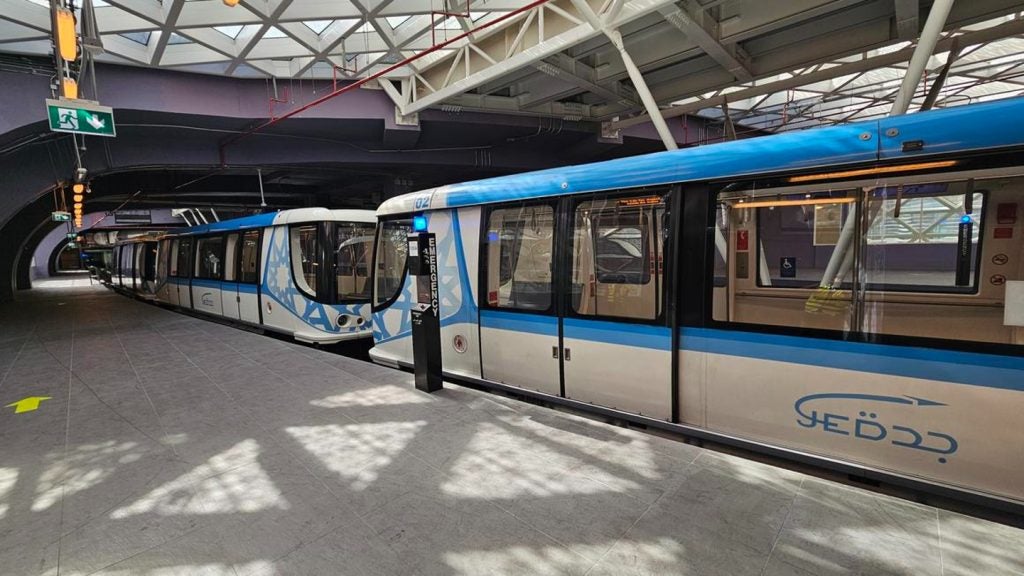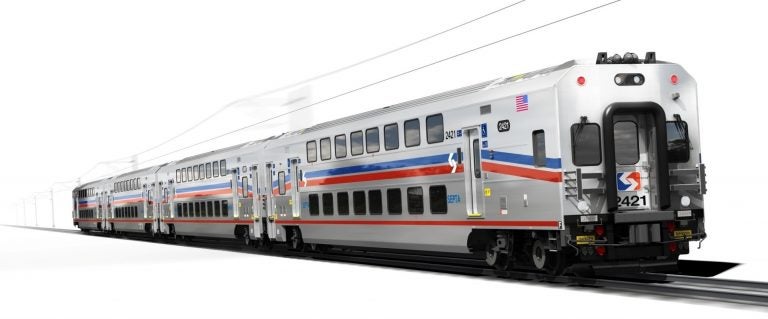Australian technology solutions provider Vix Technology has secured a A$27m ($19.6m) contract from the Malaysian Government’s public transport regulator to unify the country’s mass transit system under one ticketing and payment system.
The company has signed a deal with Transit Acquirer, a special purpose vehicle formed by the Land Public Transport Commission (SPAD).
Under the deal, Vix Technology will design, install, operate and maintain the transit acquirer system (TAS) and business rules engine (BRE) for the new integrated cashless payment system (ICPS), which will consolidate transit and micro-payments into a transit payments acquiring system.
The ICPS will allow Malaysians who travel on the country’s existing and future bus, rail, metro and monorail networks, and is expected to be rolled out from early 2017.
Land Public Transport Commission Malaysia CEO Mohamad Nur Ismal Bin Mohamed Kamal said: "Vix would play an integral role in achieving the vision of a nationwide single public transport ticketing and payment system.
See Also:
"With the help of partners like Vix Technology, here in Malaysia we’re leading the world in the development of a unified public transportation system with the ability to use a single smartcard across all modes of transport, making travel simpler, faster and more convenient for all Malaysians and visitors to the country."
How well do you really know your competitors?
Access the most comprehensive Company Profiles on the market, powered by GlobalData. Save hours of research. Gain competitive edge.

Thank you!
Your download email will arrive shortly
Not ready to buy yet? Download a free sample
We are confident about the unique quality of our Company Profiles. However, we want you to make the most beneficial decision for your business, so we offer a free sample that you can download by submitting the below form
By GlobalDataThe new system will make travel and payments quicker and easier for commuters, as well as tourists, who currently have to manage various prepaid accounts and card systems operated by several disconnected transit providers.
It will support both the Touch-n-Go Card and the new myDebit card currently being issued by Malaysian Banks.
The Australian firm also intends to set up a centre for its Asian operations in Malaysia, and signalled its intent to employ 45 staff members in the region.
Vix Technology CEO Steve Gallagher said: "The Malaysian contract win was recognition of the company’s extensive experience, reliability and record of service delivery of new technology solutions in the transit sector across Asia Pacific.
"In the future, commuters will no longer need to carry multiple cards in their pockets every time they want to travel, making the transit network a lot more convenient and user-friendly for locals and tourists alike."







